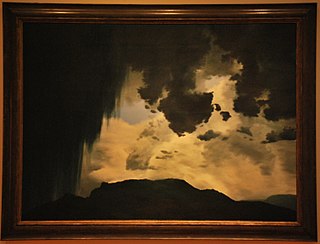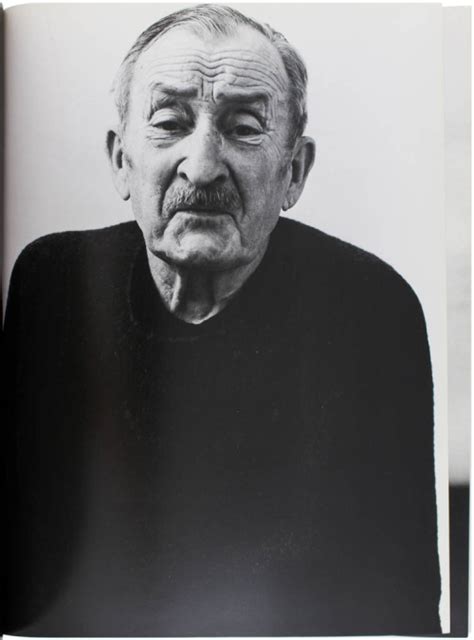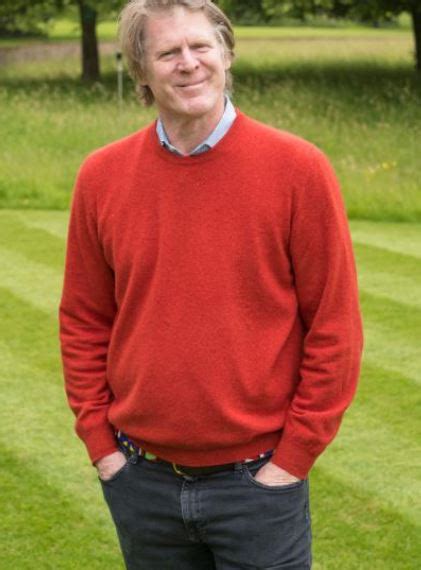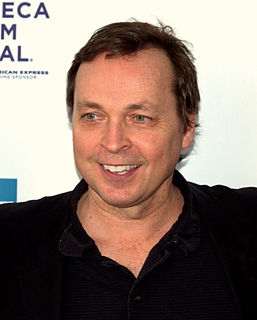A Quote by Werner Herzog
What have we done to our images? What have we done to our embarrassed landscapes? I have said this before and will repeat it again as long as I am able to talk: if we do not develop adequate images we will die out like dinosaurs.
Related Quotes
We do not see the danger clearly enough that we develop images adequate to our state of civilization. When you watch TV, you know instantly that there's something wrong with the images. When you open a magazine and see the ads, you know there's something wrong with the images. And it's unhealthy and not good and outright dangerous, in my opinion.
When in the wondrous realms above Our Saviour had been called upon, To save our world of sin by love, He said, "Thy will, O Lord, be done.' The Kings of kings left worlds of light, Became the meek and lowly one; In brightest day or darkest night He said, "Thy will, O Lord, be done." No crown of thorns, no cruel cross Could make our great Redeemer shun. He counted his own will but loss, And said, "Thy will, O Lord, be done." We take the bread and cup this day, In memory of the Sinless One, And pray for strength, That we may say, As he, "Thy will, O Lord, be done."
I am myself a professional creator of images, a film-maker. And then there are the images made by the artists I collect, and I have noticed that the images I create are not so very different from theirs. Such images seem to suggest how I feel about being here, on this planet. And maybe that is why it is so exciting to live with images created by other people, images that either conflict with one's own or demonstrate similarities to them.
Every organization of our government, the best government in the world, is crumbling to pieces. Those who have it in their hands are the ones who are destroying it. How long will it be before the words of the prophet Joseph will be fulfilled? He said if the Constitution of the United States were saved at all it must be done by this people. It will not be many years before these words come to pass.
At birth we begin to discover that shapes, sounds, lights, and textures have meaning. Long before we learn to talk, sounds and images form the world we live in. All our lives, that world is more immediate than words and difficult to articulate. Photography, reflecting those images with uncanny accuracy, evokes their associations and our instant conviction. The art of the photographer lies in using those connotations, as a poet uses the connotations of words and a musician the tonal connotations of sounds.
I've dreamed landscapes for years, and my dreams play an enormous role in my work. In fact, when I first started doing landscapes I felt insecure about painting in this style, and the dreams were like positive omens for me, and I've done a few paintings that were exact replicas of images that came to me in dreams.
Computer images, like camera images today, will be seen as representations of a simulated, second-degree reality with little or no connection to the unmediated world. This is one lesson we can learn from photographs, and especially from those of the last 25 years: images exist not to be believed, but to be interrogated.




































